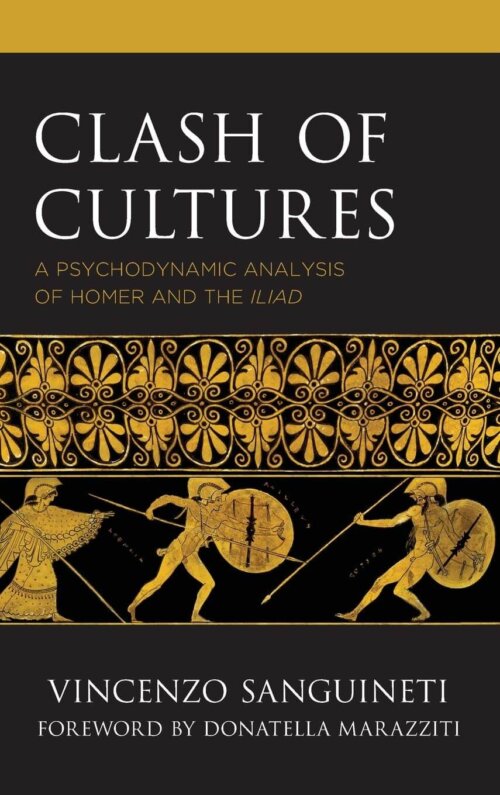Paul Krause is the Editor-in-Chief of VoegelinView. He is a writer, podcaster, and the author of Finding Arcadia: Wisdom, Truth, and Love in the Classics (Academica Press, 2023) and The Odyssey of Love: A Christian Guide to the Great Books (Wipf and Stock, 2021). Educated at Baldwin Wallace University, Yale, and the University of Buckingham, he is a frequent writer on the arts, classics, literature, religion, and politics for numerous newspapers, magazines, and journals. You can follow him on Twitter: Paul Krause.

